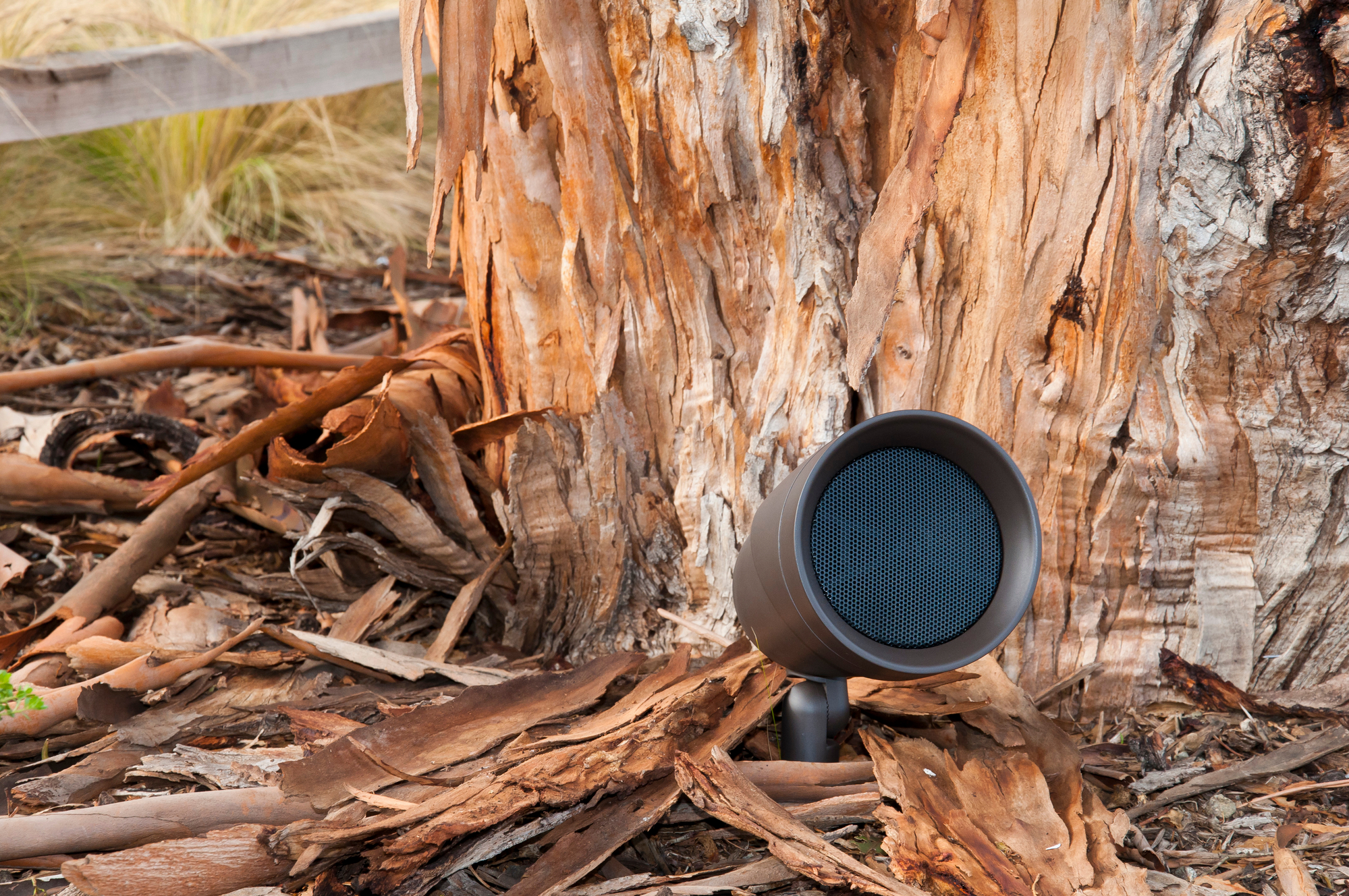5 Ways to Strengthen Your Home Network Security
Relative Home Systems Keeps Your System Safe from External Attacks
While there are many benefits of having a connected home where all your technology works together, there’s one glaring drawback for many potential clients. What if someone hacks your home networking system? Not only would they get access to your computer’s information, but also to your security system, climate control and more. The integrators at Relative Home Systems make it their priority to strengthen your network’s security protocols in order to protect your family’s safety and privacy.
SEE MORE: Is Your Network Equipped to Handle a Connected Home?
Buying the Right Equipment
Many of the new connected devices on the market –from thermostats to speakers—where created with convenience in mind, not security. For our Savant or Crestron automation systems, we bring together only products with an established track record of performance and security. We ensure all your connected devices include the necessary software to reduce the risk of viruses or malware.
It all begins with a router with enhanced security features. For example, Pakedge routers come with a multi-layer security system. Through the use of firewalls, VPNs and guest networks, they can reduce the risk of outside parties hacking the system. For advanced systems, like a full home automation solution, go with a Unified Threat Management system which lets an administrator monitor your system for any security vulnerabilities or issues.
Strengthen Your Network Password
When installing your new router, you shouldn’t settle for default settings. Since these are common across many routers, they are also familiar to hackers. You want to start by changing the default password or encryption key. Make sure the password is not easy to guess, but also not too difficult to remember.
Update Your Device Software
One of the biggest vulnerabilities in a home networking system is antiquated software. Hackers love to prey on outdated software, which is often updated specifically to address security risks. Make sure, when possible, that applications auto-update. You can also rely on third-party management. Pakedge routers offer remote monitoring options, so a professional can be tasked with looking into your system to make sure the software is up to date and that all equipment is functioning properly.
Create Dedicated Wi-Fi Networks
If your home networking supports more than your traditional devices –laptop, smartphone or tablet—then it may be worthwhile to create dedicated networks. For one, smart security systems should always have their own to ensure that vulnerabilities in other networks will not affect your family’s safety. Most smart home automation systems will also rely on personal VLANs to for enhanced efficiency and to further isolate security risks.
Be Smart With Your Network Access
Ultimately, your home networking will also rely on the human factor. No matter how many firewalls are in place or how closely your system is monitored, it’s important to be smart about the way you use your connected devices. Make sure to turn off smart applications when not in use, just like you would lock a door. Only access websites you trust –whether you’re on your laptop or smartphone—especially when it comes to banking or shopping services.
Make sure you’re your home networking system is protected from outside threats. Contact Relative Home Systems for a comprehensive security solution.


